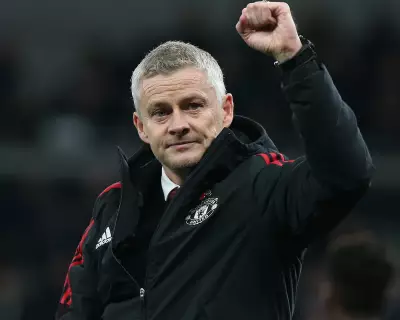
In a stunningly candid conversation that's sending shockwaves through British boxing, legends Ricky Hatton and Barry McGuigan have laid bare their devastating mental health struggles following their retirement from the ring.
The Dark Aftermath of Boxing Glory
The Manchester-born fighter, once celebrated as Britain's most popular boxer, revealed the crushing emptiness that followed his departure from professional boxing. "When it's all over, you're left with nothing but memories and an overwhelming sense of loss," Hatton confessed during their emotional exchange.
Barry McGuigan, the former featherweight world champion, echoed these sentiments with heartbreaking honesty. "The transition from being a celebrated athlete to an ordinary citizen is brutal," McGuigan stated, describing how fighters often find themselves completely unprepared for life after boxing.
A Cry for Help That Went Unheard
The discussion took an even more poignant turn as both fighters revealed they had contemplated suicide during their darkest moments. Hatton described how he would drive to bridges, seriously considering ending his life, while McGuigan admitted to similar desperate thoughts.
"Nobody prepares you for this," Hatton emphasized. "One day you're fighting in front of 50,000 screaming fans in Manchester, the next you're sitting alone wondering what happened to your life."
The Unseen Battle Outside the Ring
Both boxing greats highlighted the stark contrast between their public personas and private struggles. While fans saw triumphant champions, behind the scenes they battled depression, identity crises, and the overwhelming pressure of sudden obscurity.
McGuigan pointed to the tragic case of fellow boxer Gary Speed, whose suicide shocked the sporting world, as a stark reminder of how serious these mental health issues can become.
A Warning to Current Fighters
The conversation serves as a crucial warning to today's active boxers, including British-Pakistani star Amir Khan. Both Hatton and McGuigan stressed the urgent need for better mental health support and transition planning for athletes approaching retirement.
"We need to start having these difficult conversations before it's too late," McGuigan urged, calling for systematic changes in how boxing organisations handle athlete welfare.
Their powerful testimony represents a watershed moment for British sports, breaking the traditional silence around mental health in one of the world's toughest professions.





